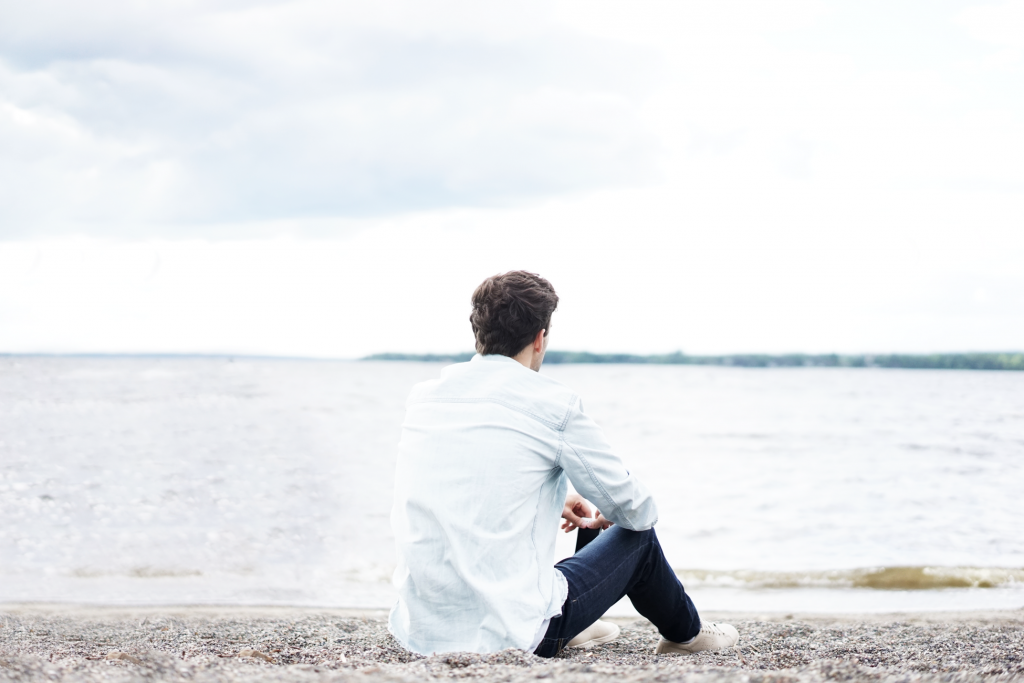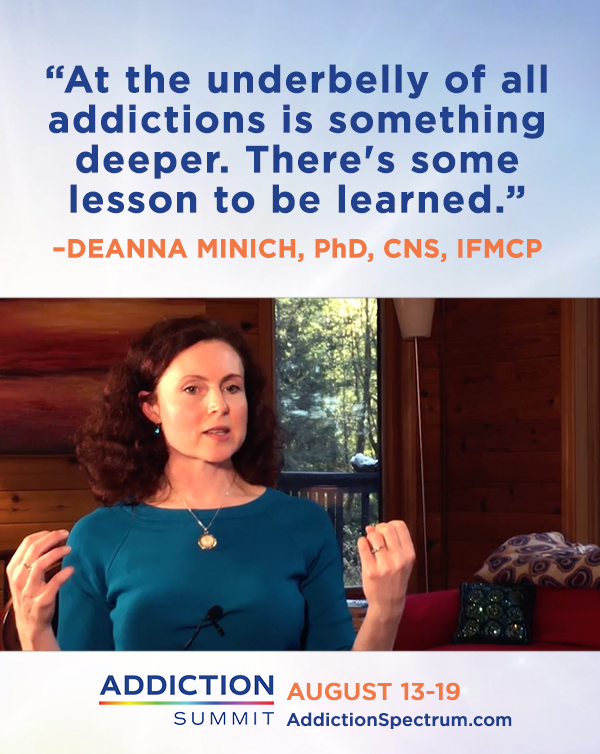
You’re in pain, you feel alone, and isolated, so you turn to drugs or alcohol or porn. But if you have a childhood you are trying to recover from, you’re not alone. Finding people who understand you and can help you is better than any drug or drink. Photo courtesy of Steven Spassov.
Three of my earliest childhood memories …
My older cousins blasting Alice Cooper while they’re sucking on something that looks like a strange version of a beaker from my mom’s lab. They’re laughing their heads off and they let me jump on the bed. For once I’m not the annoying baby cousin. They don’t order me to scram.
Instead, they offer me the beaker and tell me to suck in and hold my breath. They laugh harder when I choke and splutter on the smoke as it burns my lungs. They are fourteen and fifteen. I am five years old.
My sloppy drunk grandfather grabbing my face in his hands and kissing me on the lips, his mouth engulfing me. He reeks of tobacco. I love my grandfather–he’s loud and funny and exuberant—but this feels confusing and disgusting. I want it to stop but I don’t pull away.
My grandfather voice booms when he’s mad. I don’t want him to yell at me. I stand still, feeling dirty and ashamed, trying not to cry. There’s saliva on my face. I am eight years old.
My mother talking in a hushed voice about a relative’s baby mama. I hear the words “heroin addict” and “LSD for a month to get off dope,” and “I hope the baby will be okay.” I am twelve years old.
When I tell my best friend I am co-writing a book about addiction, he bristles.
“I hate all that stuff, Jen,” he says.
He’s a big city criminal defense lawyer. He helps sex offenders and drug addicts get fair treatment. He helps innocent people incarcerated for murders they did not commit get out of prison. He sees how people struggling with drug addiction and alcoholism hurt themselves and their loved ones.
Like me, he has told his children that if they ever bring an illegal substance into his home he will be the first to call the police.
“I hate it,” he says again, louder, as if I didn’t hear him the first time.
No kid grows up thinking, I want to be an alcoholic…
I hate it too. But I also know now that no child grows up thinking, “I want to be an alcoholic,” “I want to shoot heroin for years and take LSD for a month to get myself clean.”
I understand now that those teenage boys giving their younger cousin a bong hit, my sexually inappropriate sloppy drunk grandfather, and that baby mama were in a lot of pain. Being in so much pain that you drink or use drugs to numb yourself from your life sucks. Being in so much pain that you hurt the people you’re supposed to love and protect sucks too.
You’re not trying to hurt anyone, even though you do.
I also understand now that it is not the alcohol or the drug that is the problem.
It is the pain, neglect, fear, depression, anxiety, trauma, and stress that you experienced at some point in your life—maybe as a helpless baby or small child, or maybe as a young adult—that drives people to self-medicate with drugs or alcohol.
In pain, we all just want to feel loved
That pain—that loneliness and disconnectedness that so many of us feel so much of the time—is our common enemy.
Not the addict. Not even the addictive substance or behavior.
If your loved one is addicted to drugs, alcohol, sex, pornography, digital gaming, gambling, what do you do? If you’re addicted, or in pain, what do you do?
I spent the last two years writing a book with an addiction expert, Paul Thomas, MD, to answer these questions. Dr. Paul Thomas and I have a 13-point plan in our book, concrete steps addicts can take to put their lives back on track.
Loved ones of addicts will benefit from this plan too.
Dr. Paul, a recovering alcoholic married to a recovering opioid addict, is one of the smartest, most energetic people I know. He has also put together an amazing addiction summit. He interviews 27 experts, including medical doctors, recovering addicts, and educators.
I’ve been watching Day 1 today. And I’ve been blown away. There’s so much pain in the world. But also so much hope.
If you get a chance to see an episode, let me know what you think.
Forewarned is forearmed: some of these interviews are hard to listen to and hard to watch.
Annie Grace describes drinking one to two bottles of wine every evening with two little kids at home.
Deanna Minnich talks honestly about her food addiction and how she ate her emotions.
Valerie Silveira shares about her daughter, an addict was murdered two years ago.
I never told anyone about my grandfather’s sloppy kisses. I’ve erased and rewritten this post a dozen times.
But I’ve realized from watching this summit today that I am not alone. If you’re in pain, you’re not alone either. I don’t know anyone whose life has not been affected in some way by addiction.
“At the underbelly of all addictions is something deeper. There are lessons to be learned.” ~Deanna Minich, Ph.D.
Lesson #1: In sharing our secrets we can all begin to heal.

Deanna Minnich, PhD, struggled with food addiction. She used color therapy and spirituality to help her heal and stop being in pain.
Related content:
Digital Addiction: Living a Flat Life on High-Def Screens
Heal From Addiction by Healing Your Brain
It’s Adult SmartPhone Addiction that Worries me Most
Leave a Reply